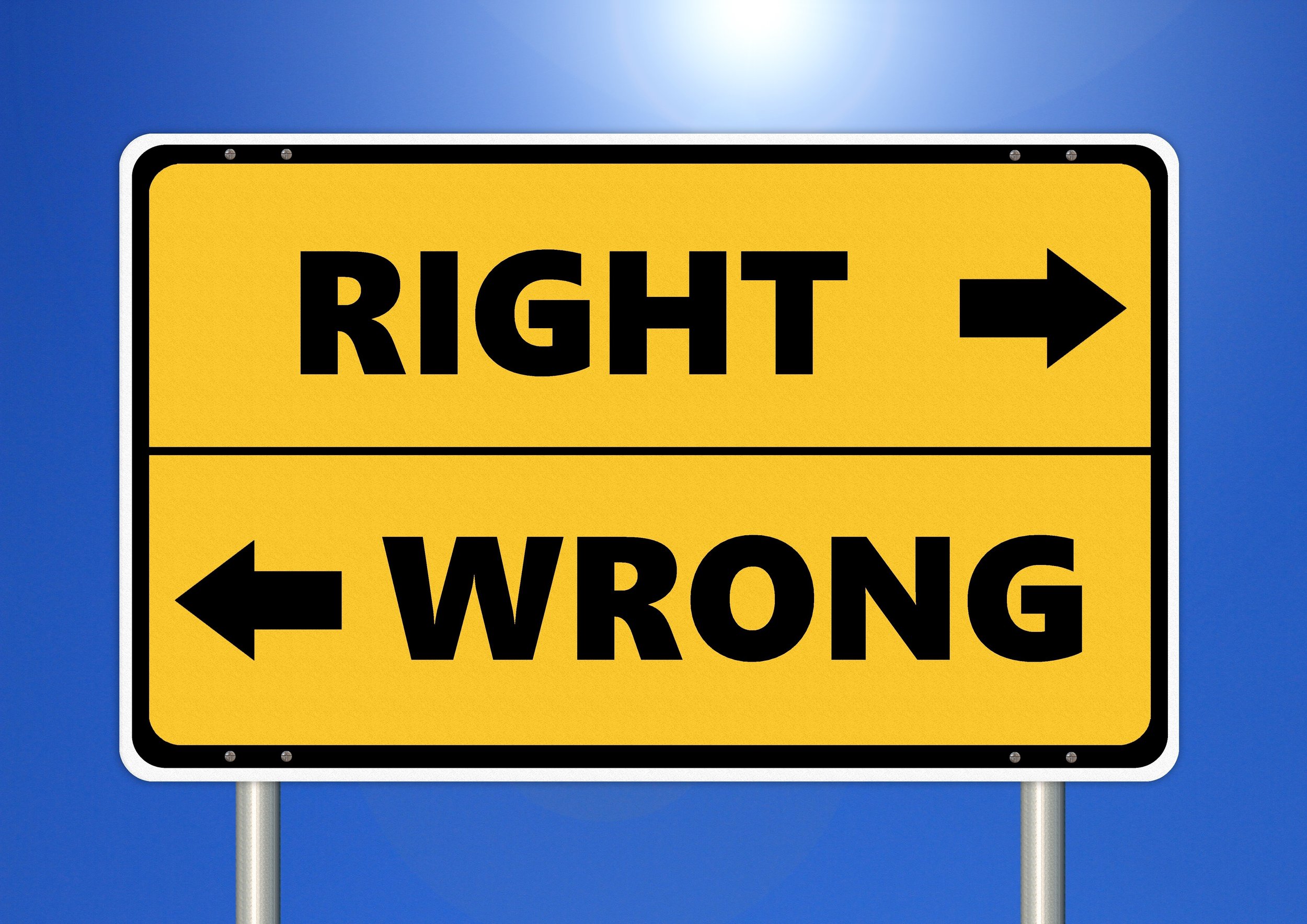It is the responsibility of the Canadian Ethics Commissioner, an independent officer of Parliament, to ensure that federal public officeholders and public officeholders in certain other organizations adhere to the Conflict-of-Interest Act and the Conflict-of-Interest Code for Members of the House of Commons.
The Ethics Commissioner's role is to provide confidential advice and guidance to public officeholders on avoiding conflicts of interest and investigating alleged violations of the conflict of interest rules. Also, the Ethics Commissioner may make recommendations to the Prime Minister, the Speaker of the House of Commons, or other officials regarding possible violations of the rules and make public reports on investigations and findings.
Even though the Ethics Commissioner has the authority to investigate and make recommendations, they cannot enforce their decisions or impose penalties on public officeholders who violate conflict of interest rules. In response to the Commissioner's findings, other bodies, such as the courts or Parliament, are responsible for taking action.
As a whole, the Canadian Ethics Commissioner's role is to promote transparency and accountability in the government by ensuring that public officeholders act in the public interest and avoid conflicts of interest. The Commissioner does not have direct enforcement powers, but their findings can have significant political and reputational ramifications for those holding public office.
A recent investigation:
The Canadian Ethics Commissioner recently investigated the conduct of former Minister of Finance Bill Morneau. Morneau was found not to have repaid travel expenses paid by WE Charity for trips he and his family took to Kenya and Ecuador in 2017. We Charity, which had been awarded a government contract to administer a student grant program, had close ties to Morneau.
Morneau was investigated by the Ethics Commissioner and found to have violated the Conflict of Interest Act by not recusing himself from discussions regarding the WE Charity contract and not disclosing his affiliation with the organization. In addition, Morneau failed to disclose the gift of travel expenses from WE Charity, violating the Conflict of Interest Code for Members of the House of Commons.
As a result of the investigation, Morneau resigned as Minister of Finance and Member of Parliament. In addition to its political implications, the Ethics Commissioner's findings led to a loss of public trust in the government due to the controversy surrounding the WE Charity contract and Morneau's conduct.
Counter argument:
While the Ethics Commissioner's findings may have led to a loss of public trust in the government, it is important to note that Morneau resigned voluntarily and was not removed from his position by the Prime Minister or the Liberal Party. Additionally, the Ethics Commissioner's report did not find that Morneau acted illegally or that he had broken any laws.
Keywords: Canadian Ethics Commissioner, role, power, responsibilities.
